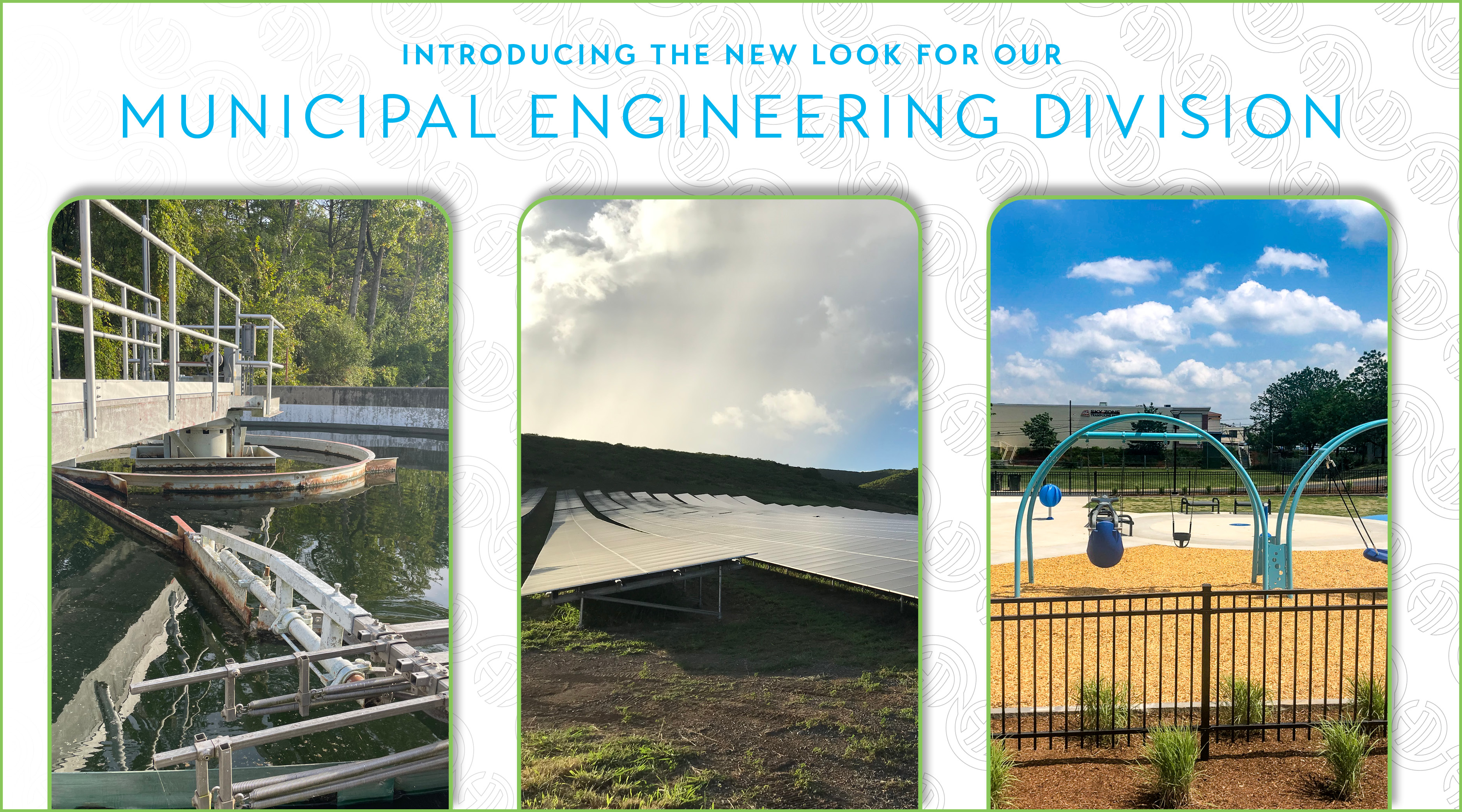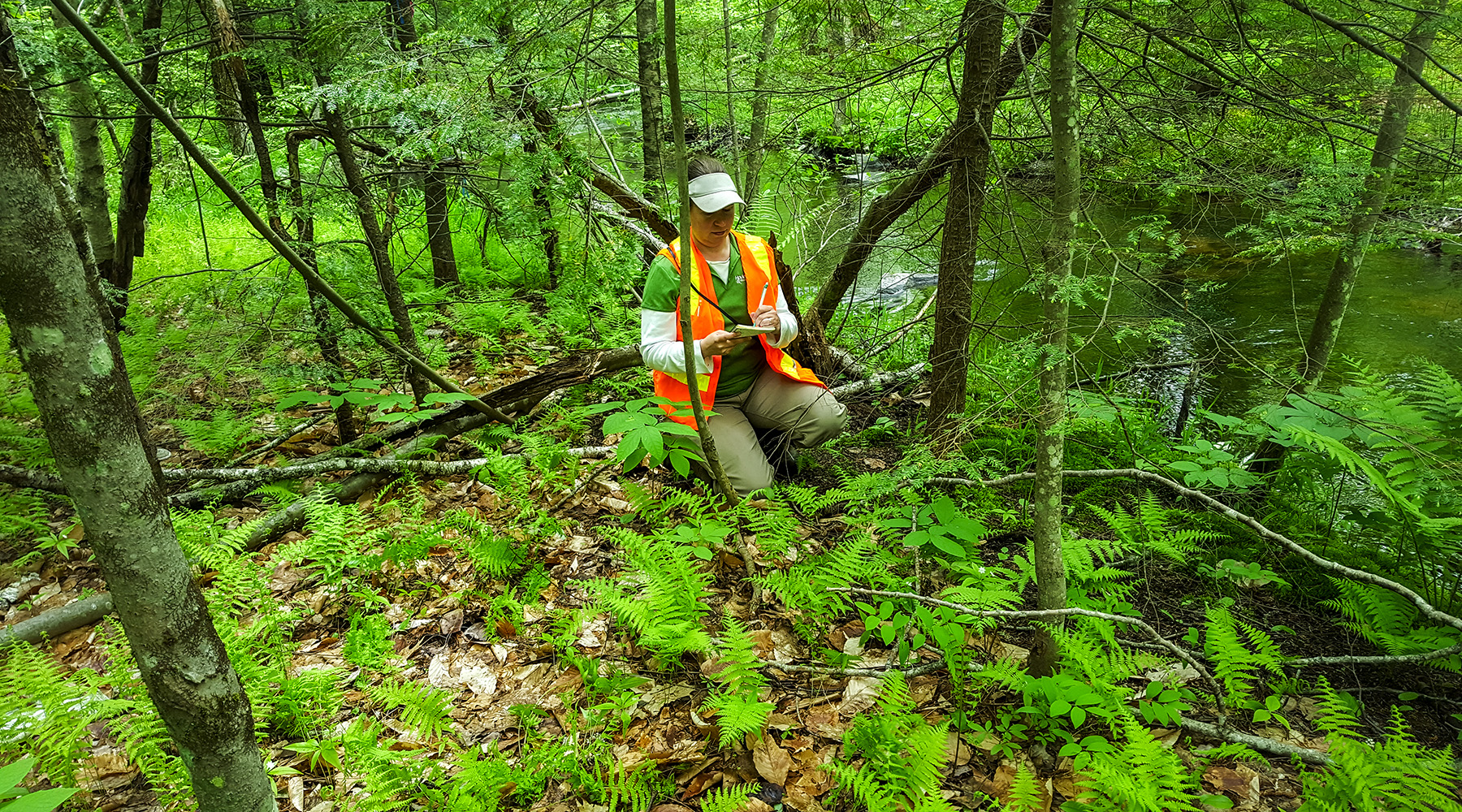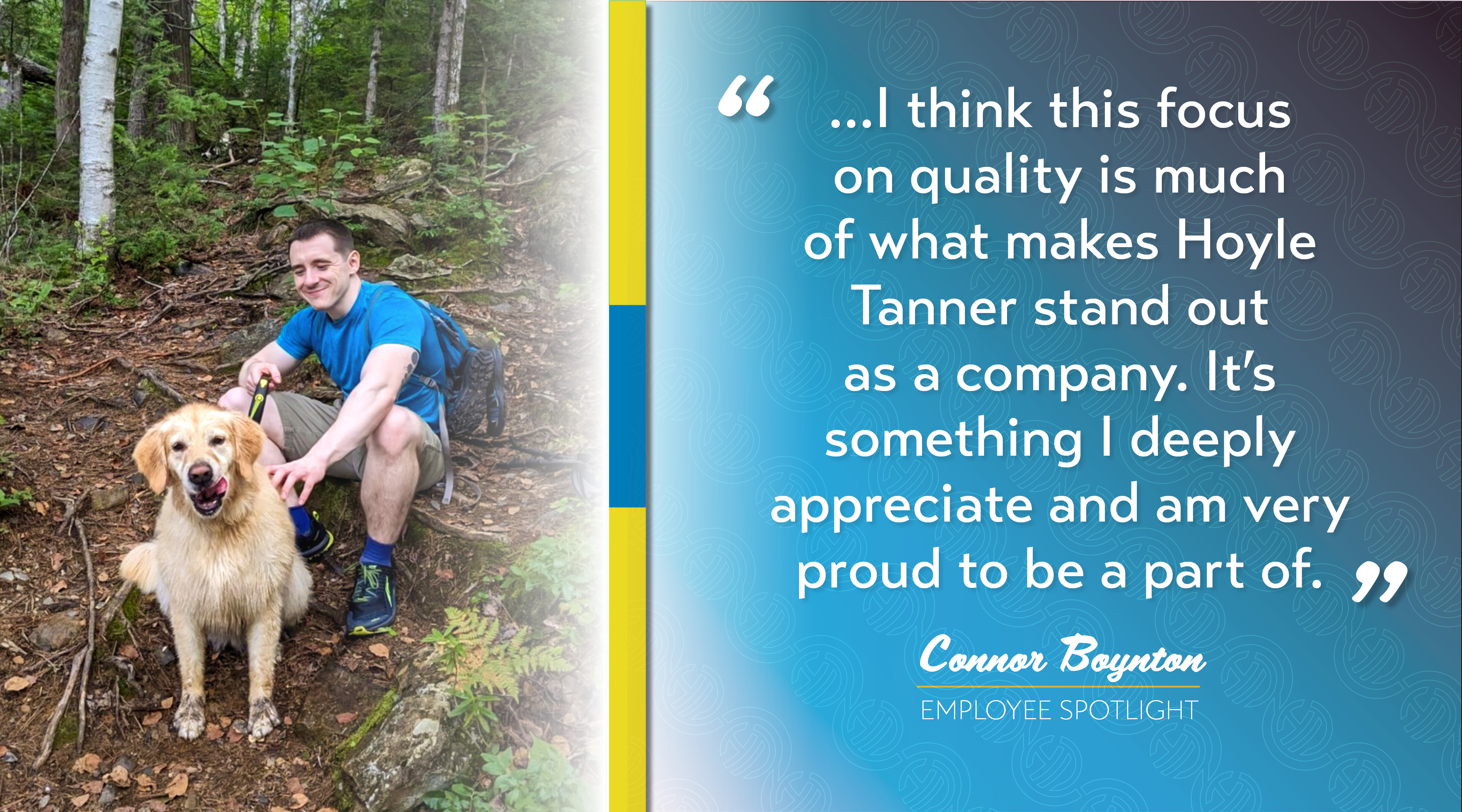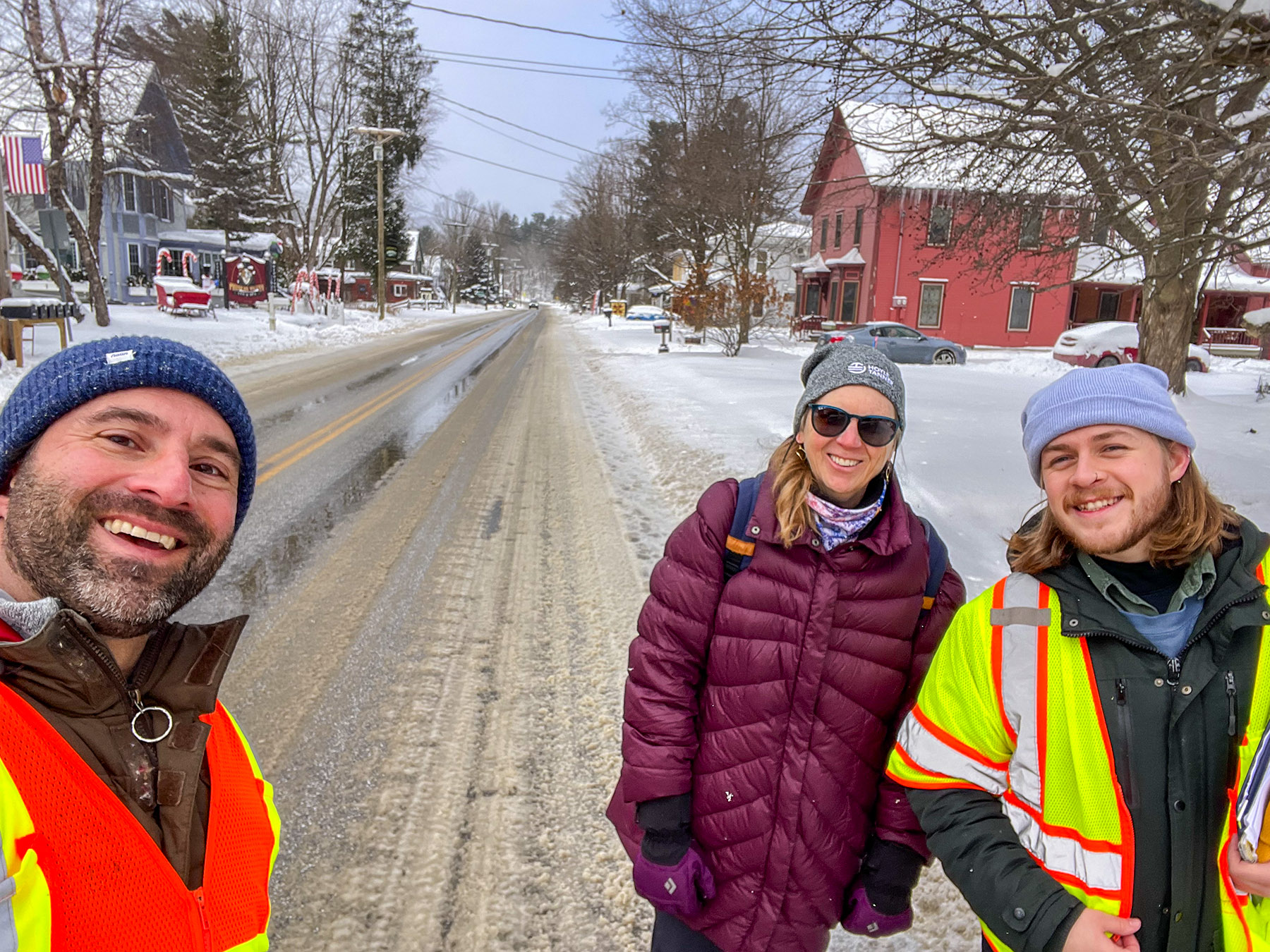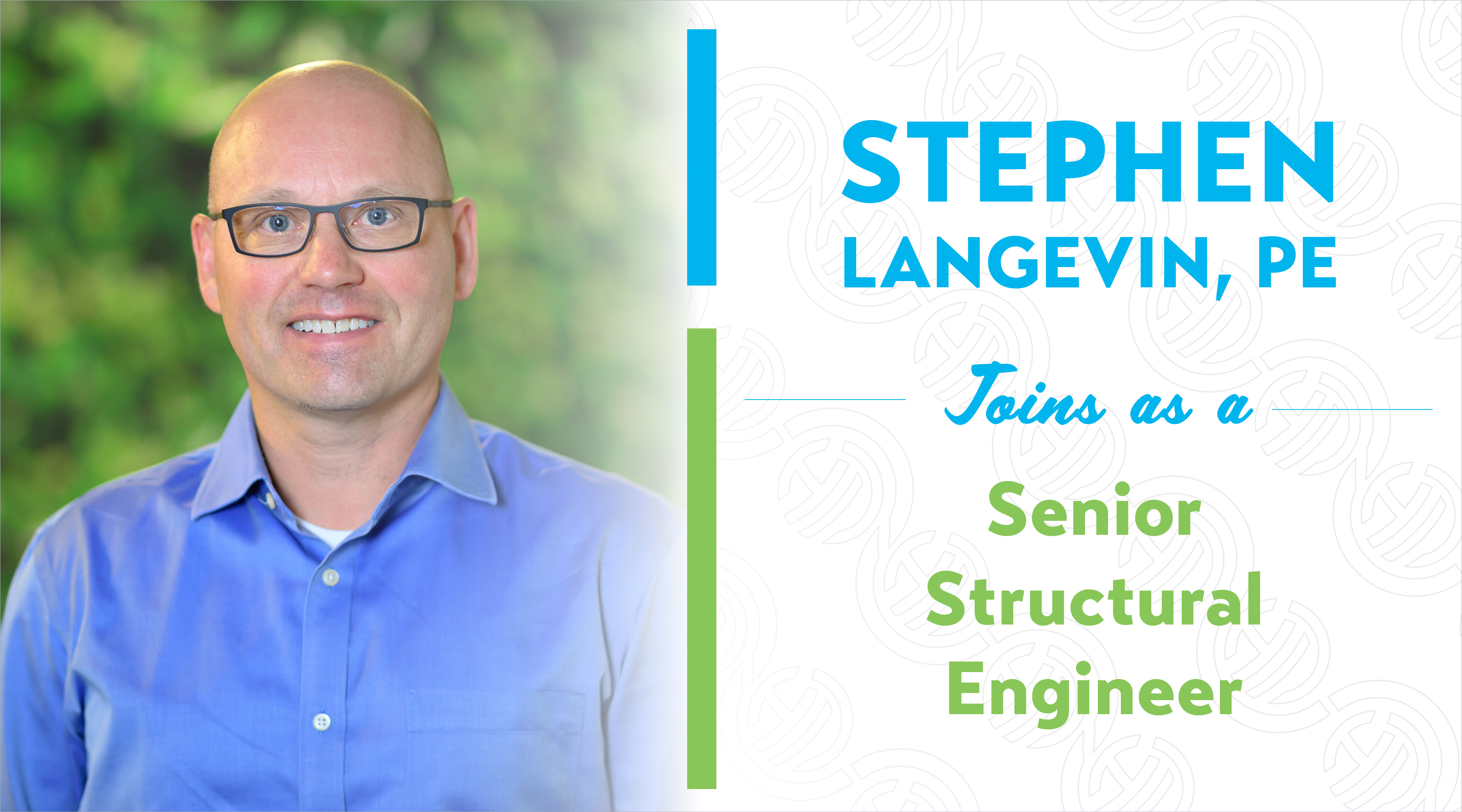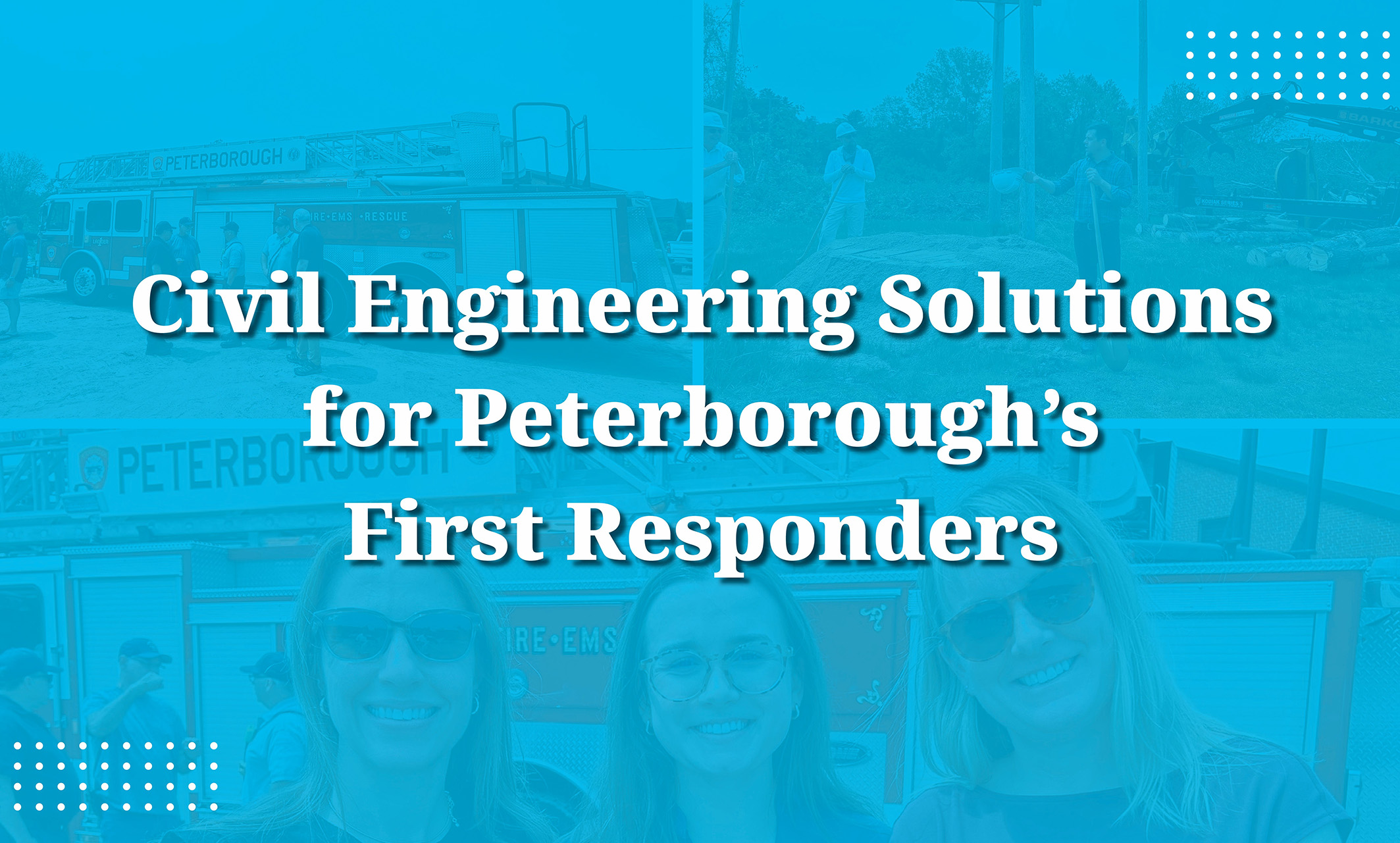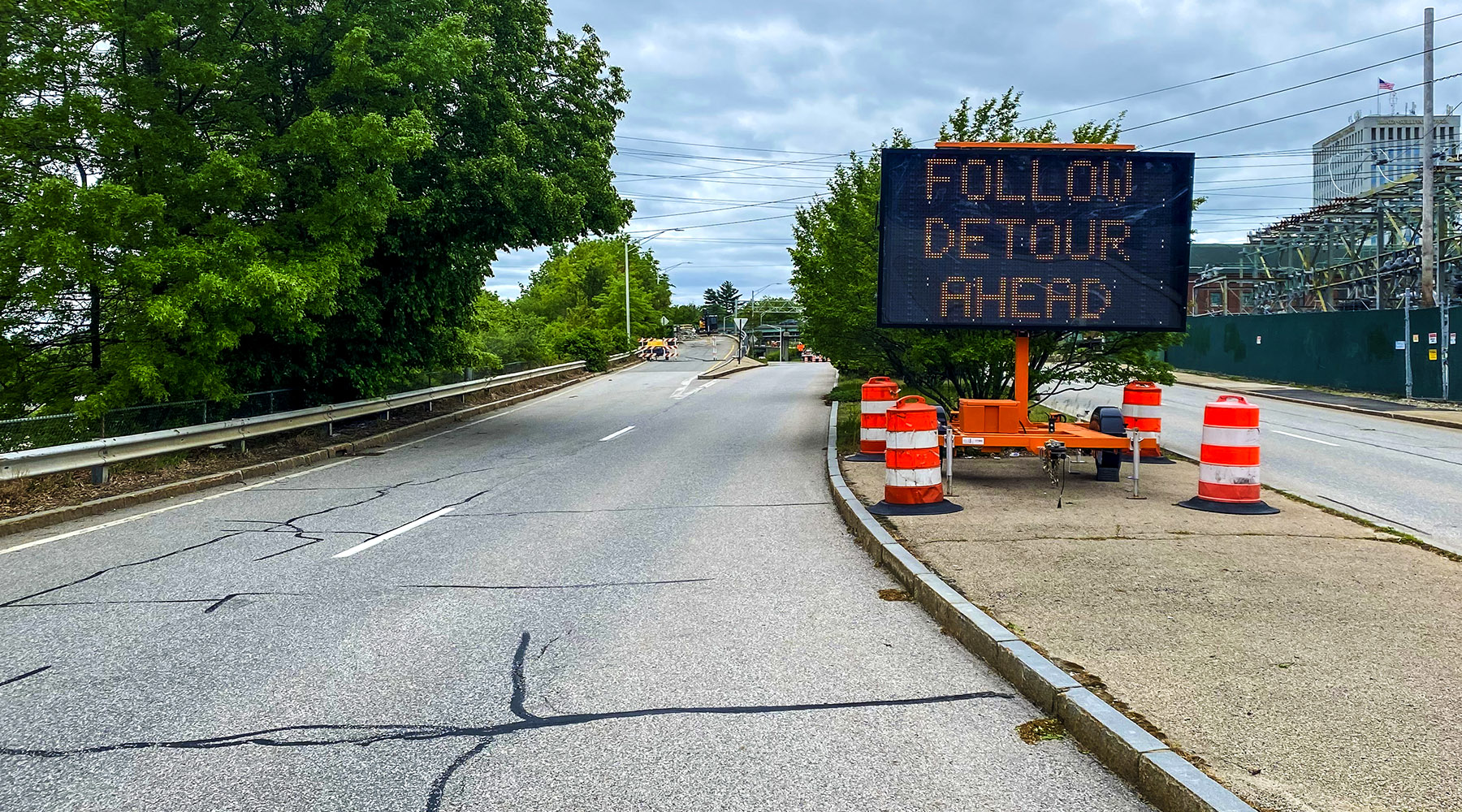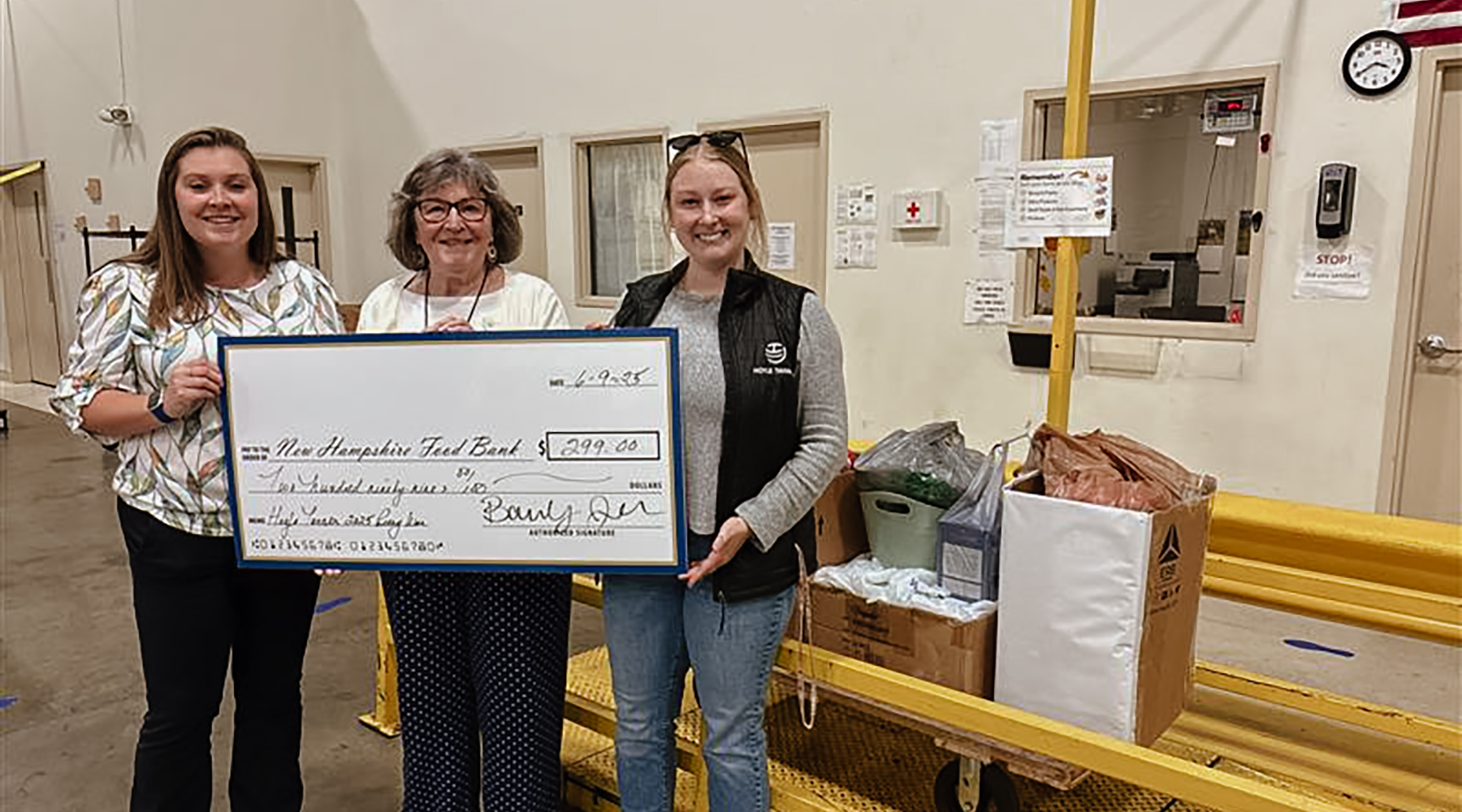Why Wetlands Matter & Who Knows them Best
Wetlands provide an array of valuable “services” for society and the environment- they offer flood protection, water quality improvement, shoreline erosion control, natural products, recreation, and aesthetics. For these reasons, among many others, wetlands are protected by federal, state and local regulations from certain types of development, thus, the first step for most of our clients is establishing the boundaries of wetlands within a site. This is done by a wetland scientist.
A wetland scientist is someone who has expertise in hydric soils, hydrophytic vegetation, and wetland hydrology through education and experience. They follow guidelines set by NHDES or the Army Corps of Engineers to identify wetlands, delineate wetland boundaries and to prepare wetland maps; classify wetlands; prepare wetland function and value assessments; and design, implement and monitor wetland mitigation.
One of the Few States that has the Certification
New Hampshire is one of the few states in the US, and the only state in New England, that has a certification process for Wetland Scientists. The Certified Wetland Scientist (CWS) process was initially developed in the late 1990s to address a growing need to establish a process by which scientists can undergo professional verification of credentials to assess and identify wetlands. CWS experience is indispensable for assessing, managing, and preserving wetland ecosystems. These professionals possess specialized knowledge and skills that are vital for making informed decisions regarding wetland conservation. By relying on their expertise, we can ensure that our wetlands continue to provide essential ecological services for generations to come.
Aspiring CWS candidates must submit a technical application to the NH Board of Natural Scientists, which includes proof of training in soils, hydrology, and vegetation, along with evidence of field experience working with an existing CWS and samples of completed wetland delineations. Subsequently, they undergo both a written and field test, and the Board of Natural Scientists has the authority to enforce accountability through a defined review process, which can lead to reprimand, suspension, or removal of a CWS from practice.
The requirement for a CWS to complete wetland delineations and to place their stamp on plans and reports is the ultimate verification for regulatory authorities, clients and municipalities that the wetlands on site were accurately delineated and assessed. The data provided can be used for development and permitting requirements. Compliance with municipal land use boards, ordinances and statutes is tied to the CWS providing a stamp on plans and reports to ensure work provided is done professionally and accurately. This is especially important for municipal Conservation Commissions that rely on the CWS to perform their job duties in a way that identifies and protects important protected natural resources.
National Certifications Don’t Exist Yet
As of this publication date, there are no national certification, licensing, or training programs for wetland scientists. There is a private national organization, the Society of Wetland Scientists (SWS), that was formed to further non-profit scientific and educational objectives related to wetland science; the SWS has developed a Professional Wetland Scientist (PWS) program for certification of wetland science training and experience. However, the PWS certification process is a separate, stand-alone process compared to the CWS certification process, relies solely on education and experience and provides no field testing before issuance of certification. The PWS certification does not require applicants to be educated in state-specific regulations or environmental parameters such as soils or vegetation. Most importantly, the PWS certification has not been authorized by any state or federal agency and does not serve as a national license or certificate for wetland delineation or assessment. CWSs are experienced in identifying wetlands in some of New England’s most diverse and difficult habitats.
CWSs Provide Technical Expertise
There are currently over 180 practicing New Hampshire Certified Wetland Scientists. There are also more than 100 scientists performing wetland science under or along with someone certified, as well as those in training to become a CWS. They serve as liaisons between developers and local, state, and federal government officials and facilitate the permitting processes with these entities. CWS provide technical expertise that is founded in scientific principles. This technical expertise not only includes determining the boundary between developable and undevelopable lands, it also includes assessing wetlands to determine their overall functions and values to balance development and environmental protection.
Hoyle Tanner has an in-house CWS, Joanne Theriault, who has been essential in delineating wetlands all over New England for a variety of projects – roads, bridges, airports, solar sites, and private development. This essential capability allows our engineering and design team to recognize from the very beginning of a project where these resources are located within a site and identify how any potential impacts to them would need to be addressed via permitting. The time and cost to receive those permits can be an important factor in determining project schedules and budgets, so knowing this information at the earliest possible stages of a project is extremely useful. Joanne is ready and willing to assist you in serving the project needs through her experience and training. Reach out to her!
*It’s Hoyle Tanner’s 50th anniversary this year! Keep an eye on our Facebook, LinkedIn, and Twitter feeds for articles and anniversary news!



